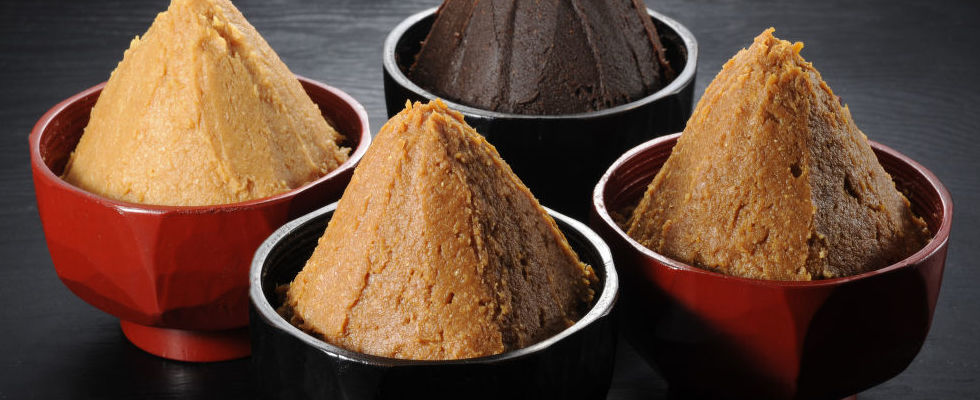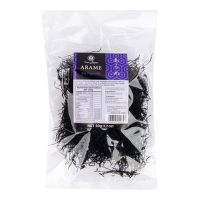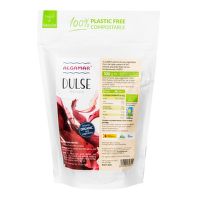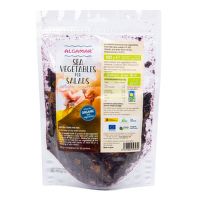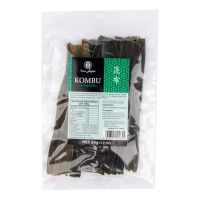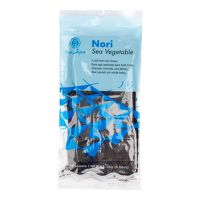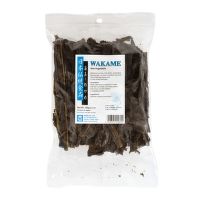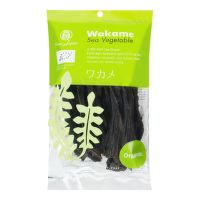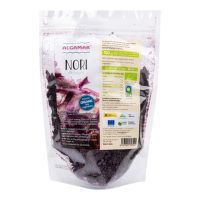Description
Use:
- Delicacy - Kombu seaweed has a delicious taste, therefore it is intended for direct consumption
- Salads - your favourite salad will be even tastier and more interesting with the kombu seaweed, just pour the seaweed on the top of the salad
- Legumes - if you add the kombu seaweed to the pot when cooking legumes, the cooking time will be shorter Kombu belongs among edible seaweed and is popular especially in East Asia. The word ''kombu'' originally comes from Japanese and the seaweed has been exported from Japan since 1960s. In traditional Japanese cuisine, the seaweed is added primarily to soups, to a pot full of legumes or to be pickled in a sweet-sour pickle. Japanese chefs add the Kombu seaweed to sushi rice as seasoning.
Kombu belongs among edible seaweed and is popular especially in East Asia. The word ''kombu'' originally comes from Japanese and the seaweed has been exported from Japan since 1960s. In traditional Japanese cuisine, the seaweed is added primarily to soups, to a pot full of legumes or to be pickled in a sweet-sour pickle. Japanese chefs add the Kombu seaweed to sushi rice as seasoning.
The Muso Company was established 30 years ago according to the basic principles of macrobiotic diet, which is a specific way of a diet and lifestyle. The company emphasises and focuses on quality and uses traditional manufacturing processes. The ingredients used to produce the products are not genetically modified.
Composition
Kombu seaweed (Saccharina longissima)*. Possible white coating is not a defect. It is a crystallised sea salt.Storage
Store in a dry place in a sealed packaging.



